George Washington was not only the first president of the United States of America, he was the first president of any country in the world.
Many titles were proposed to address him by including: His Elective Highness, His Mightiness, and the brummagem mouthful, His Highness, the President of the United States of America, and Protector of the Rights of the Same. Washington expressed relief when Congress settled on the simple President of the United States, soon shortened to Mr. President, allowing the man, not the title, to imbue the office with import.
For his official portrait, he wore a suit and a gentleman’s sword rather than military regalia. Displaying to the world, and posterity, that the government of the people and for the people, and the military, were controlled by the people.
Washington cut a trim figure. He was tall, athletic, and graceful on horseback. All of his life, he was a superb dancer, as revealed by several first hand accounts.
George Washington danced minuets into his 60s. (C) Virginia Museum of History & Culture via George Washington’s Mount Vernon.
At the age of 17, he began his career as a surveyor. For the next five decades, he conducted private, public, and personal surveys of land in New England. He slept outdoors, in his clothes, next to a fire. We know he took a toothbrush with him on his overnight surveying trips. He was fastidious about oral hygiene, to no avail. He began loosing his teeth in his twenties. By his first presidential term, he only had one natural tooth left.
Contrary to legend, Washington did not have dentures made from wood. They were comprised of human, cow, and horse teeth, ivory, and lead-tin, copper, and silver alloys. In the late 1700’s there was a tooth trade where black and white, free and slave, but always poor, sold their teeth to dentists or intermediaries. Teeth were also taken from the dead.
Washington saved some of his own teeth, which he asked to be added to a pair of dentures. It is unknown whether any of the teeth in the one remaining, full set of dentures were from slaves. Noted deep within one of Washington’s account books is payment for 9 teeth from “Negroes,” at Mount Vernon. The entry is accounted for differently than other entries where Washington purchased poultry, wild game, fish, and garden produce from the enslaved people at Mount Vernon. The teeth are noted to be for French doctor Le Mayeur, who was Washington’s dentist. In my final post on Washington, I will discuss what we know about Washington’s views on the institution of slavery. They were not particularly more or less enlightened than others of his time until after he served alongside and commanded black men during the Revolutionary War.
His dentures impacted his voice, appearance, and diet. Talking around the dentures proved difficult and led him to listen more than speak. A host of throat and lung related illnesses throughout his life also affected his voice. That combined with the false teeth caused him to speak low and deliberate and forced others to listen carefully to him.
Publicly, Washington spoke out in favor of religious freedom and attended services of various Christian denominations. In a speech to the General Assembly of the Presbyterian Church in 1789, he said, “All men within our territories are protected in worshipping the Deity according to the dictates of their consciouses.” As a devoted and active member of the Anglican Church, he advocated for care of the poor, believed strongly in charity, and demonstrated hospitality. A large part of his private practice was reserved for personal prayer. His nephew once stayed with him and noted, Washington knelt before an open Bible in the mornings and evenings for personal devotions. Little else is known about the specifics of his beliefs.
At the age of 19, he accompanied his half-brother, Lawrence, who was seeking treatment for tuberculosis, to Barbados. There he saw his first play, which was the catalyst for his life-long love of theater. He was so taken with it that he began studying The Actor’s Tools with the production company. Learning the power of performance, how to stand, move, and pace speech. His lessons were cut short after two weeks when he caught smallpox. Later, when he ordered inoculations of continental troops, he exempted those who had already had the disease, understanding first hand the power of natural immunity.
In addition to pockmarks and immunity to smallpox, he carried with him the lessons from the acting school for the rest of his life. Washington used pomp, ceremony, and a well timed word or gesture to persuade.
Only having attended elementary school and limited secondary school, he lacked formal education. The knowledge he gained was from reading books, experience, and relationships. He relied on wordsmiths like James Madison and Alexander Hamilton to articulate his ideas.
During the war, Washington had walked a fine line between entreating the Continental Congress for pay and pensions for the military while being cautious never to give the appearance of undermining their authority. After eight years, the last major conflict of the Revolutionary War had already occurred and Britain began negotiating for peace.
In 1783, the Continental Army had not been paid in months. On March 10th, an aid-de-camp to General Horatio Gates, from the Conway Cabal detailed in my first post, circulated a letter calling for the army to either disband, leaving the country defenseless on the brink of victory, or to refuse to disband once a peace treaty was struck, a veiled threat at overthrowing the new government in a military coup d'état. The letter received a raucous reception among the troops. Upon learning about it on March 11th, Washington called for a meeting for the soldiers to discuss it, where he said he would not be present. He set the meeting date for March 15th, giving the soldiers several days to cool off.
On the Ides of March, after Gates called the meeting to order, Washington appeared. Gates ceded the floor, and Washington stepped in front of a hostile crowd. One soldier later described him as, “single and alone,” speaking, “not at the head of his troops, but in opposition to them.”
Washington shared prepared remarks, asking the soldiers not to continue with plans of mutiny. Taking out a letter from a congressional delegate, Washington stumbled as he attempted to read it. Reaching into his pocket for a pair of spectacles he said, “Gentleman, you must pardon me, for I have grown gray and I am now growing blind in service to my country.” The remark, so natural and unaffected, revealed the very human, temporal man behind the stoic general, with an iron constitution.
Washington finished his remarks, imploring the men not to abandon what they had fought so hard to gain, namely, their country and their honor. After he left, neither the desire to revolt nor any dry eyes were left in the room.
A skilled orator can inspire supporters and infuriate opponents, but on that day, Washington did something entirely unheard of: he persuaded those who disagreed with him.
Later that year, after the U.S. and Great Britain signed the Treaty of Paris, Washington appeared before Congress and resigned his commission as Commander-and-Chief of the Continental Army. Returning to Mount Vernon to live out his days as a farmer. The country, and Providence, of course had other plans.
In 1787, he was prevailed upon by James Madison and General Henry Knox to attend the Constitutional Convention. He was elected president of the convention where he presided over the creation of the U.S. Constitution.
When he began his first presidential term in 1789, Washington was, by himself, the executive branch of government. Congress did not begin creating departments until the end of the year. During the first congressional recess, Washington began what he saw as one of his most important tasks: unifying the fledgling country. While he would later do a tour of the southern states, he began with a tour of New England. In a month, he visited over sixty towns at a time when travel was uncomfortable and risky. An aid, servants, and one of the horses he had ridden during the war, accompanied him.
Fireworks, bands, cannon salutes, and crowds greeted him at each stop. He learned that the latter preferred him in his military uniform and so would change into it before entering town and ride down main street on horseback. He stayed at public inns, the equivalent of roadside motels today.
In a letter he penned after the trip, he called the new government, “the last great experiment for promoting human happiness.”
Washington organized the first cabinet of secretaries, representing the main political factions of the day while remaining neutral. To lead the Treasury department he appointed Alexander Hamilton, a federalist, and for Secretary of State he appointed Thomas Jefferson, an anti-federalist.
During his two terms as president, he managed, despite much opposition, to keep America out of the French and British war after the French Revolution. He negotiated and signed major treaties with Great Britain, Spain, and the Native Americans that kept the U.S. out of conflict during his terms. In 1794, when a group of 400 rebels set fire to the house of tax collector, Washington called up a militia of over 12,000 men and led them into western Pennsylvania. By demonstrating strength, and reacting immediately, he put down the Whiskey Rebellion without firing a single shot. Finally, among other things, he oversaw the adoption of the Bill of Rights to the Constitution.
Throughout his life, George Washington demonstrated that he understood the power of being present in a place. He balanced authority and modesty to inspire trust and reach consensus. He used body posture, well placed words, and gravitas to create and lead a new nation.
When King George III heard that Washington had abdicated power after securing America’s independence, he is said to have quipped, “If it is true, then he is the greatest man that ever lived.”
Mount Vernon owes its design and layout to George Washington. Here is a ha-ha wall he put in that prevented livestock from grazing on the yard but was hidden from view of the house. 16 MAR 2022.
James Williams performed the Star Spangled banner on 01 MAR 2022 at Ted Everett Farm Equipment outside Indianapolis, IN and appeared in my post about The People’s Convoy, Get In Line.
HAPPY INDEPENDENCE DAY!
Sources:
George Washington: The Political Rise of America’s Founding Father by David O. Stewart;
Part I, Chapter 3: The School of Fairfax (Washington’s athletic prowess)
Chapter 4: His Brother’s Keeper (trip to Barbados and The Actors Tools)
Part III, War, Chapter 37: The Long, Bumpy Victory Lap (Washington’s faces down mutiny and his resignation)
Governing, Chapter 42: On Untrodden Ground (debate over titles, New England tour, guidance on the Bill of Rights)
Displays at Mount Vernon and George Washington’s Mount Vernon website.
FAQ George Washington’s Dentures
Resignation of Military Commission





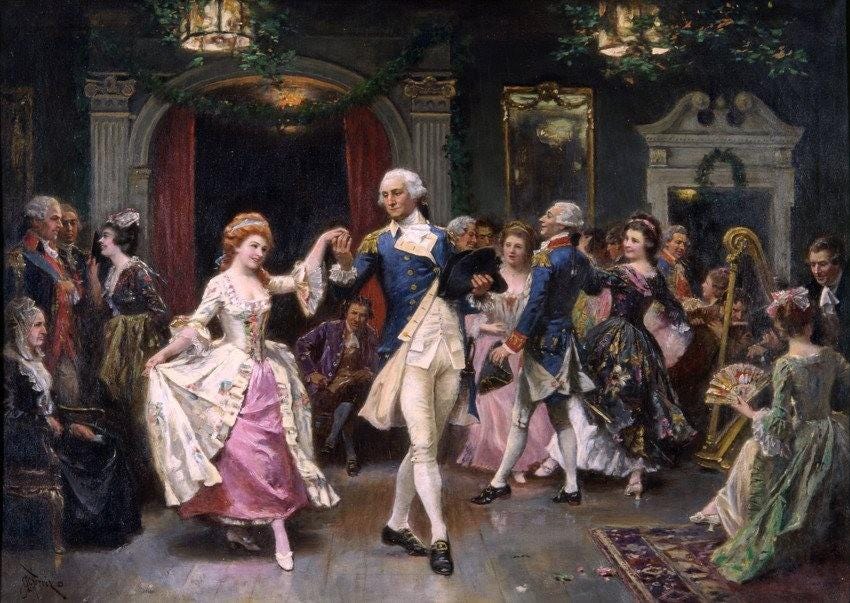
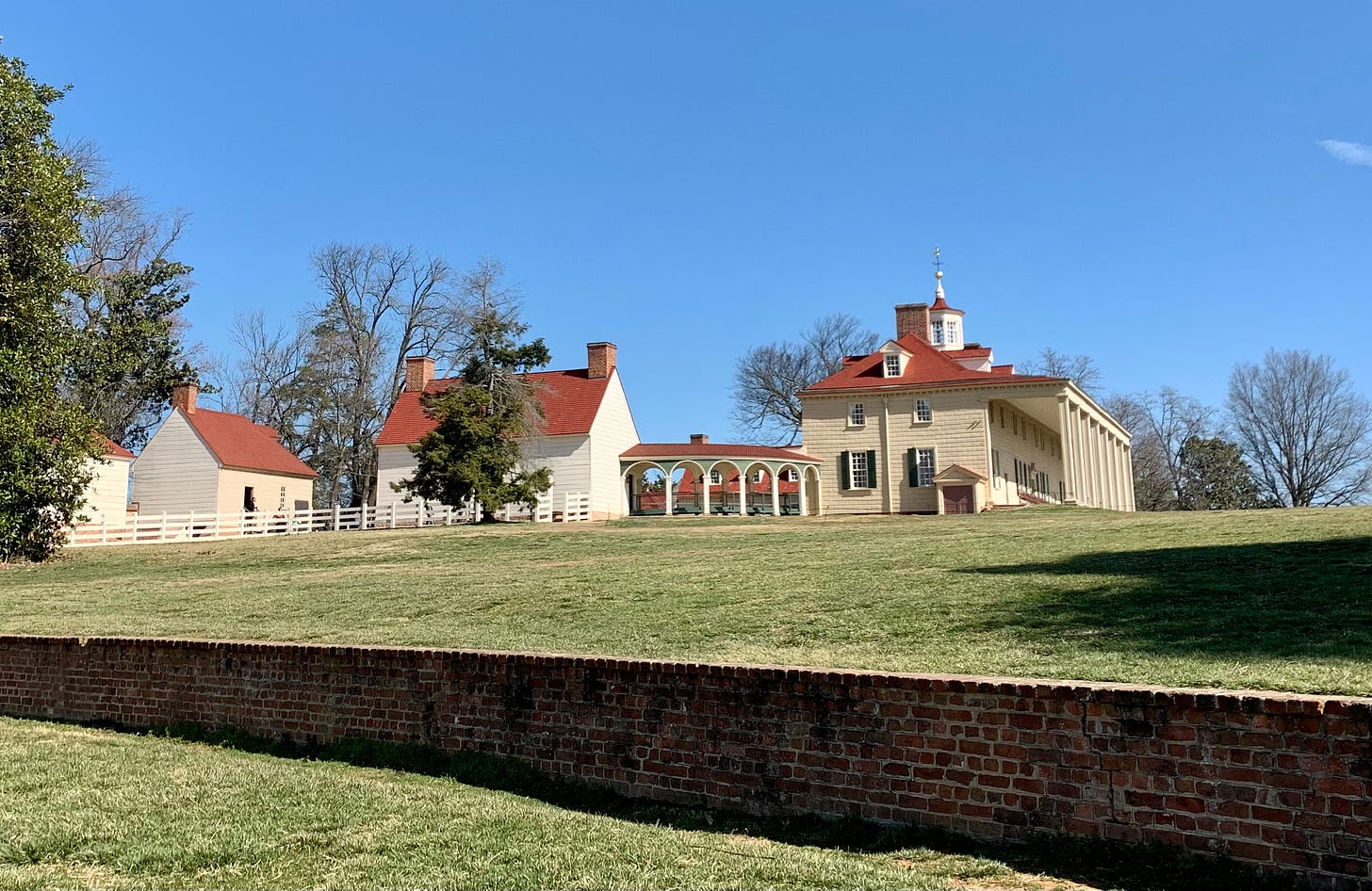

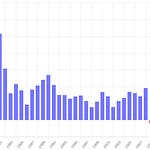
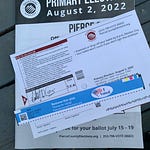

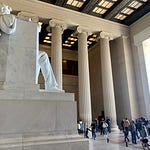
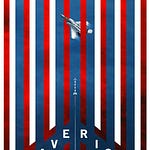
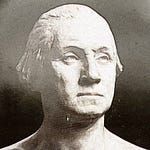
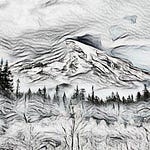
Share this post